No right to privacy
The Supreme Court created privacy rights, and it can take them away

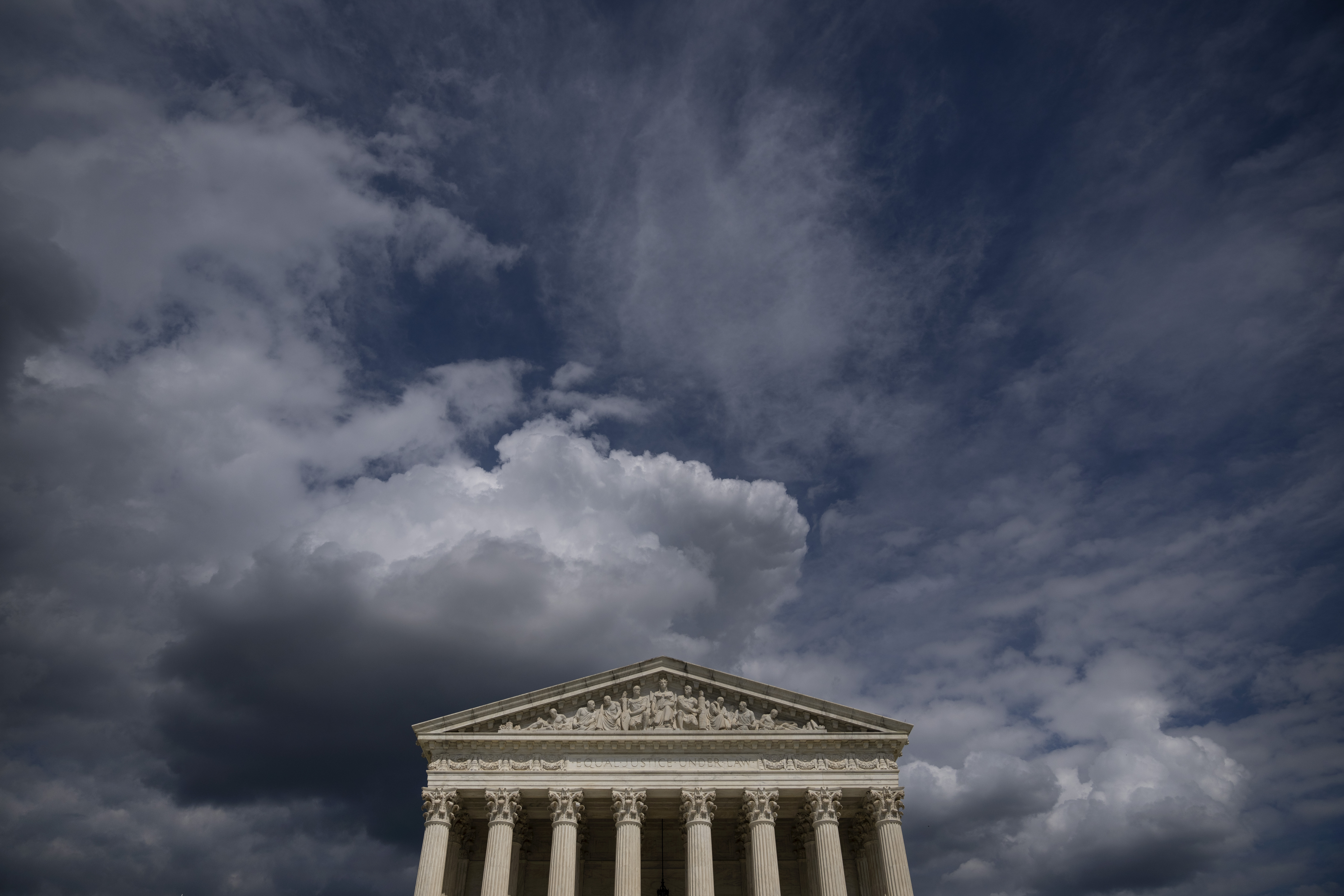
A free daily email with the biggest news stories of the day – and the best features from TheWeek.com
You are now subscribed
Your newsletter sign-up was successful
Do you have a right to privacy? The question would prompt an indignant "I sure do" from most Americans. But nowhere in the Constitution did the Framers use the word "privacy" or expressly state any support for "my body, my choice." Privacy is an invention of the Supreme Court. Until the Griswold decision in 1965, states could prohibit anyone — including married couples — from using contraception. Until 1967's Loving decision, states could imprison people for marrying someone of another race. Until 2003's Lawrence ruling, states could arrest gay men — or straight couples — for engaging in "sodomy" in their own bedrooms. Griswold was the big turning point. In that ruling, Justice William O. Douglas wrote that "penumbras" and "emanations" of protections actually spelled out in the Bill of Rights created an implicit "zone of privacy" upon which the government could not intrude. This concept became the foundation of Roe v. Wade in 1973, with five Republican appointees in the 7-2 majority. But what the Supreme Court giveth, it can taketh away. "Originalist" justices now in the majority mock Douglas' "penumbras," and do not believe privacy rights exist. During recent arguments on a Mississippi abortion law, Justice Brett Kavanaugh said that since the Constitution does not address abortion, Roe can be discarded, and each state can decide if women will be compelled to carry pregnancies to term. Under originalism, the court could reverse Griswold and let states ban contraception. (Some religious groups contend that the pill and IUDs are "abortifacients.") The Constitution also is silent on interracial marriage, and provides no assurance you can engage in sex acts of which your neighbors disapprove. Same-sex marriage? Sorry, not in the Constitution, either. If precedent has no weight, privacy rights become conditional on popular approval. And what you can and cannot do depends to an astonishing extent on what five out of nine Supreme Court justices think, believe, and feel.
This is the editor's letter in the current issue of The Week magazine.
A free daily email with the biggest news stories of the day – and the best features from TheWeek.com
The Week
Escape your echo chamber. Get the facts behind the news, plus analysis from multiple perspectives.

Sign up for The Week's Free Newsletters
From our morning news briefing to a weekly Good News Newsletter, get the best of The Week delivered directly to your inbox.
From our morning news briefing to a weekly Good News Newsletter, get the best of The Week delivered directly to your inbox.
William Falk is editor-in-chief of The Week, and has held that role since the magazine's first issue in 2001. He has previously been a reporter, columnist, and editor at the Gannett Westchester Newspapers and at Newsday, where he was part of two reporting teams that won Pulitzer Prizes.
-
 How the FCC’s ‘equal time’ rule works
How the FCC’s ‘equal time’ rule worksIn the Spotlight The law is at the heart of the Colbert-CBS conflict
-
 What is the endgame in the DHS shutdown?
What is the endgame in the DHS shutdown?Today’s Big Question Democrats want to rein in ICE’s immigration crackdown
-
 ‘Poor time management isn’t just an inconvenience’
‘Poor time management isn’t just an inconvenience’Instant Opinion Opinion, comment and editorials of the day
-
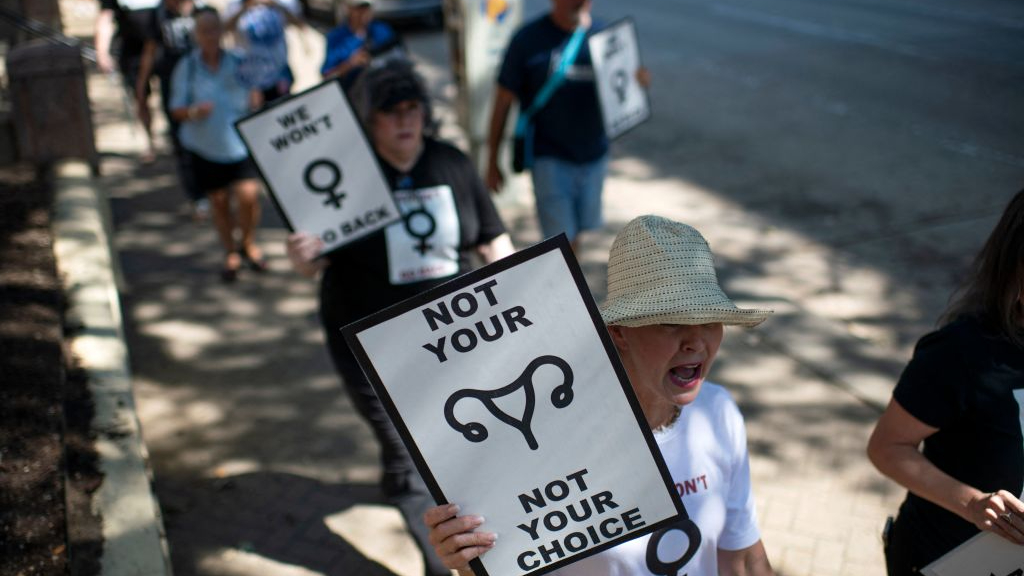 Texas judge approves abortion of nonviable fetus, drawing threat from Texas attorney general
Texas judge approves abortion of nonviable fetus, drawing threat from Texas attorney generalSpeed Read Kate Cox petitioned to terminate her doomed pregnancy, salvaging her uterus and the option to try for more children
-
 Judge blocks Georgia's 6-week abortion ban
Judge blocks Georgia's 6-week abortion banSpeed Read
-
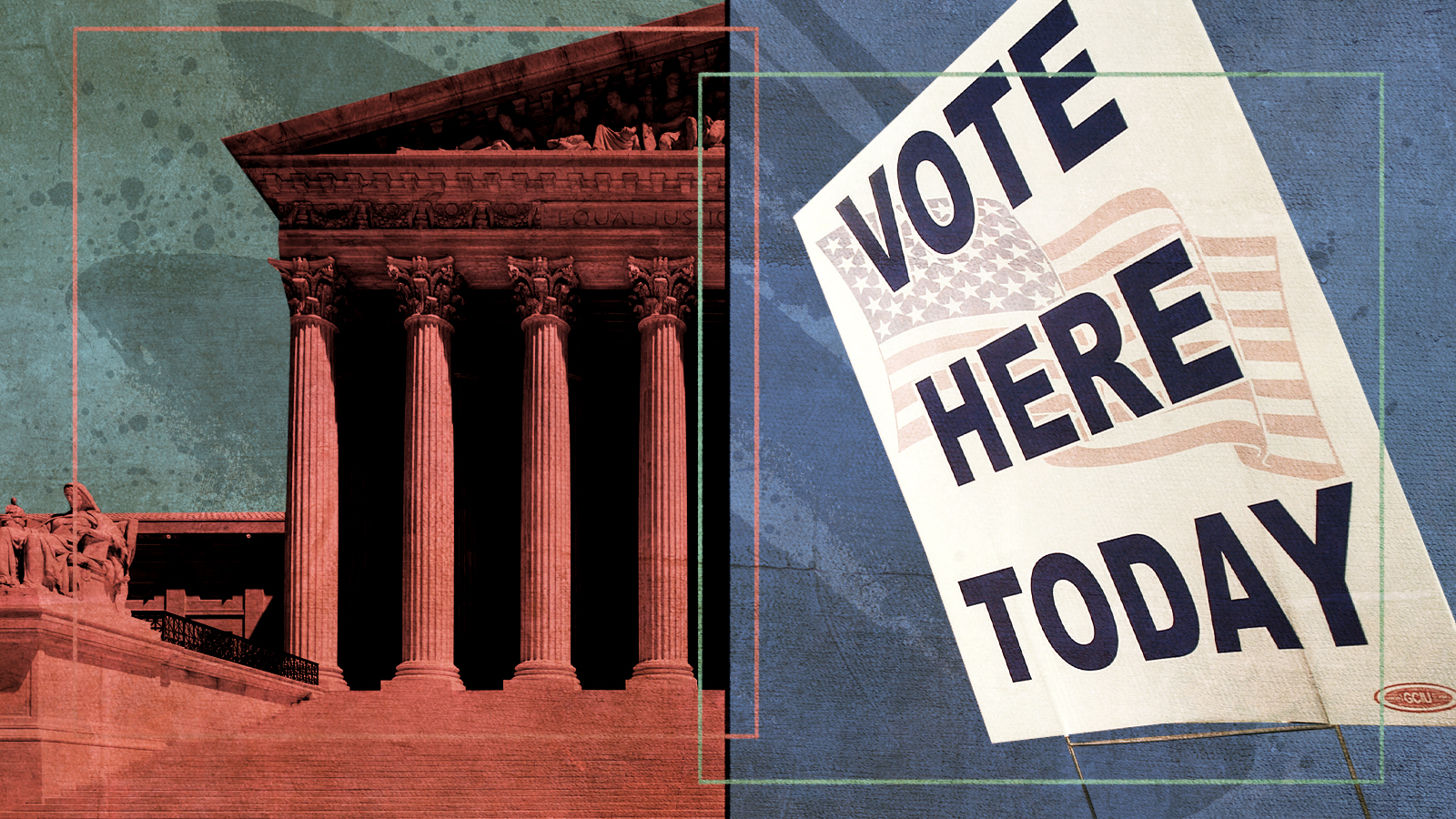 Will abortion decide the 2024 presidential race?
Will abortion decide the 2024 presidential race?Speed Read After Dobbs and the midterm elections, the landscape has shifted
-
 Pentagon will provide money to service members who travel for abortions
Pentagon will provide money to service members who travel for abortionsSpeed Read
-
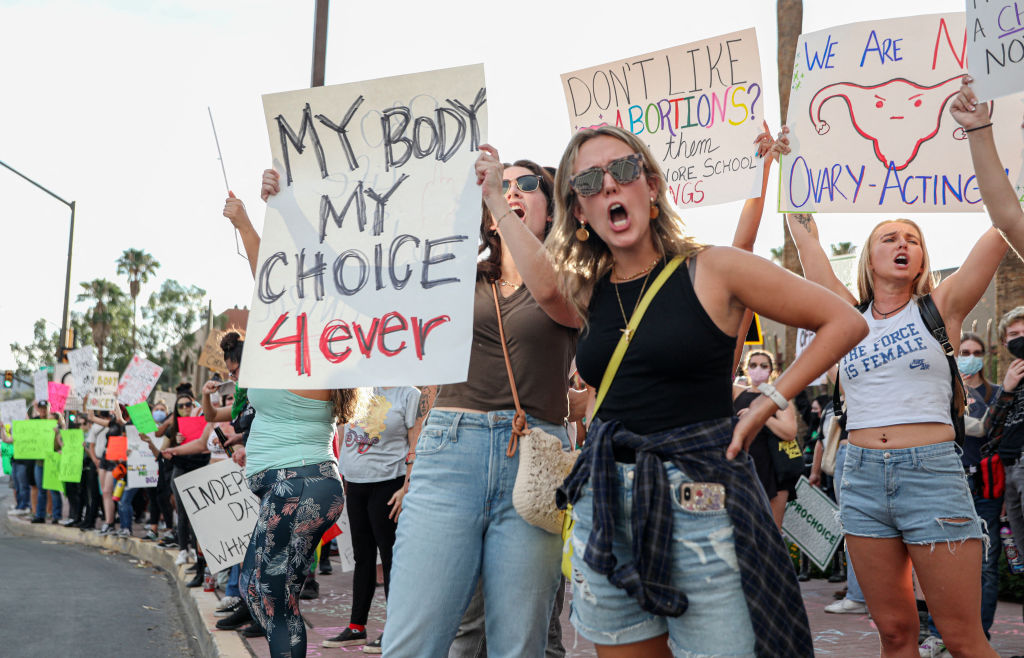 Arizona judge bans abortion statewide by reinstating 1864 law
Arizona judge bans abortion statewide by reinstating 1864 lawSpeed Read
-
 Recount affirms Kansas overwhelming rejected anti-abortion amendment
Recount affirms Kansas overwhelming rejected anti-abortion amendmentSpeed Read
-
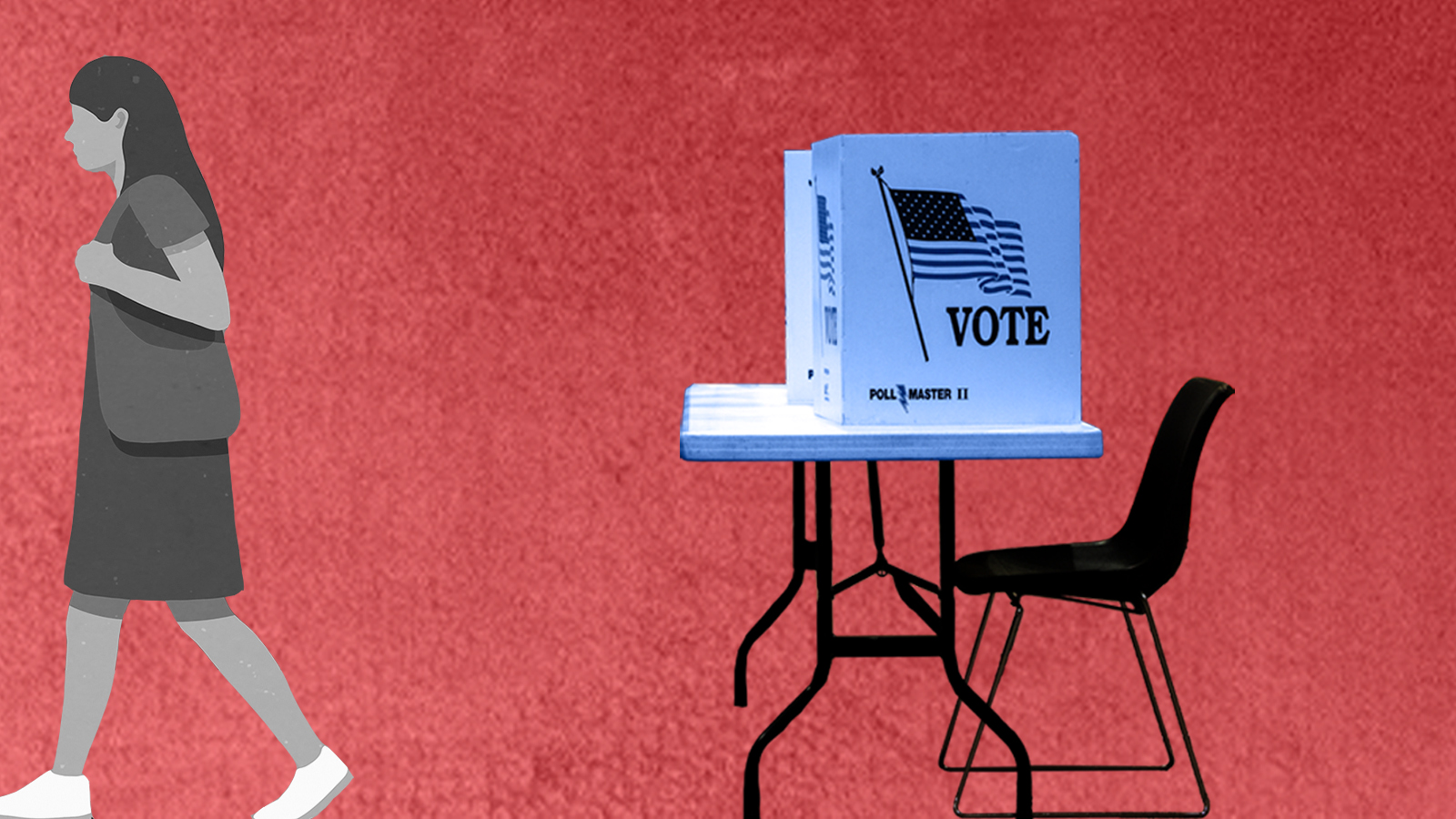 What we can learn about abortion politics from Kansas' shocking rejection of new restrictions
What we can learn about abortion politics from Kansas' shocking rejection of new restrictionsopinion The sharpest opinions on the debate from around the web
-
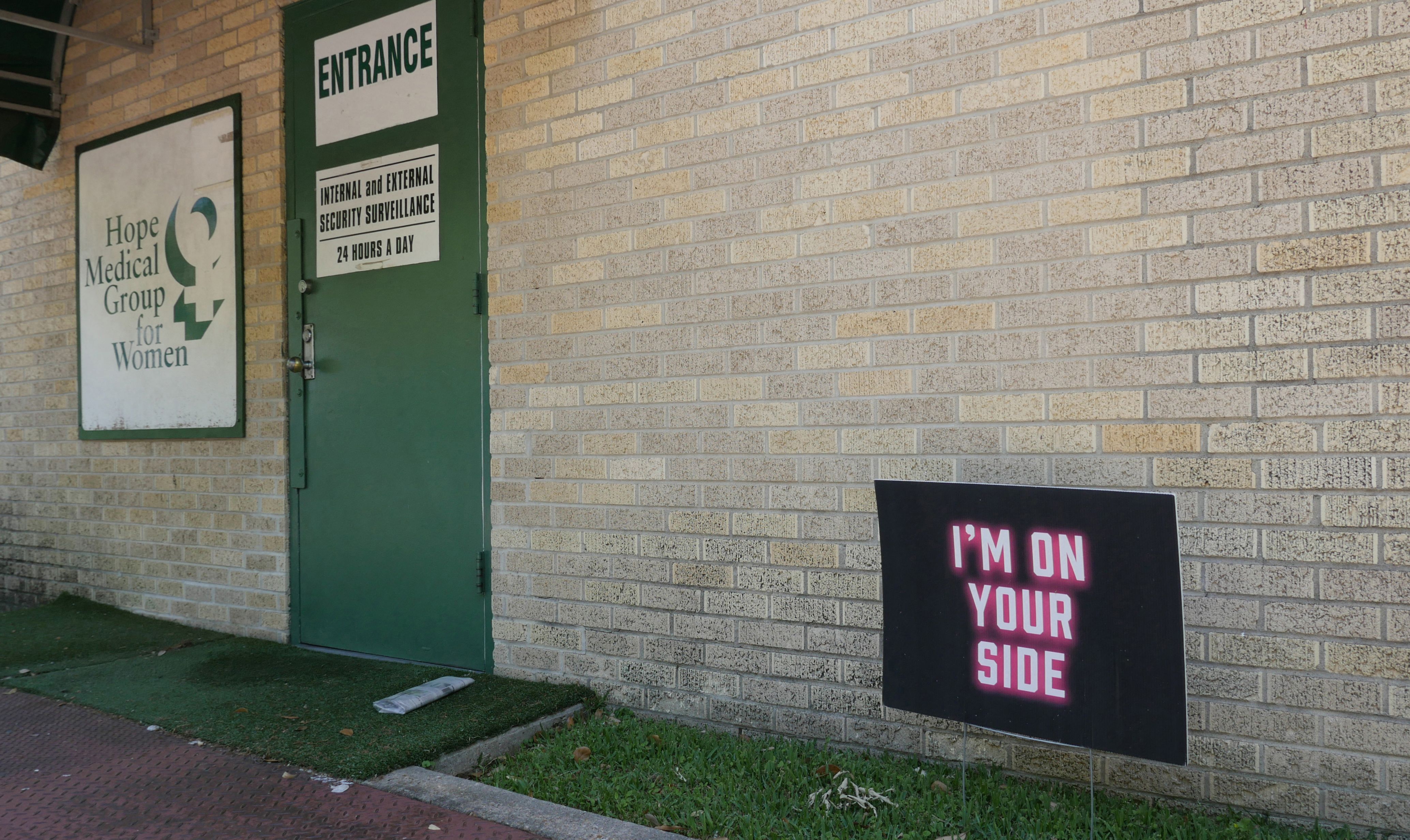 Judge temporarily blocks Louisiana abortion ban
Judge temporarily blocks Louisiana abortion banSpeed Read
